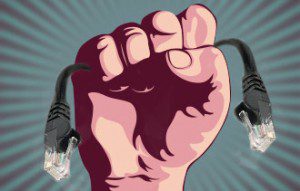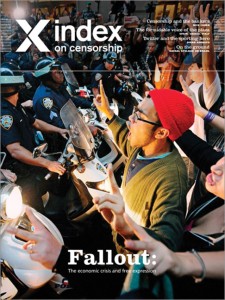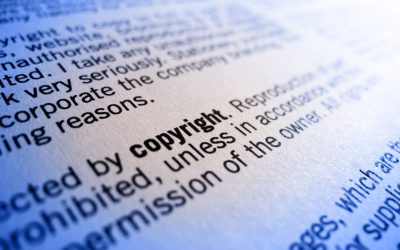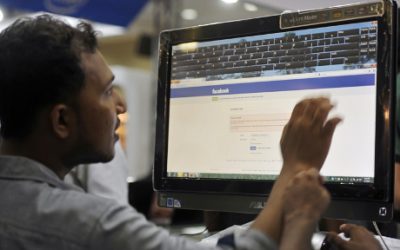PAST EVENT: 10 June: Caught in the web: how free are we online?
CATEGORY: Campaigns
Threats to online free speech are a civil society defeat, says Internet Bill of Rights sponsor
Brazil’s constitution protects free speech, but antiquated local laws often threaten this fundamental right in digital spaces. The latest statistics from Google’s Transparency Report show that Brazil issues the third most court orders for content removal behind the US and Germany. Recent cases, including the arrest of a Google executive for refusing to take down a video from YouTube, highlight the growing need for reform. The Marco Civil da Internet, a draft bill that’s been in the works for several years, aims to guarantee greater freedom of expression, net neutrality, and the protection of private user data online in Brazil. I recently spoke with Alessandro Molon, a congressman from Brazil’s centre-left Workers’ Party and the bill’s rapporteur, about what many are calling the first Internet Bill of Rights. The idea […]
Fallout: the economic crisis and free expression
Index on Censorship Magazine Volume 42 Number 1 2013 Fallout: the economic crisis and free expression CHRISTOS SYLLAS Greece: free speech takes a...
Getting copyright right
“Digital” means copying. Attempts to defend copyright the old-fashioned way could have unforeseen consequences for the web, says Joe McNamee
This article was originally published on Open Democracy, as a part of a week-long series on the future digital freedom guest-edited by Index
Gathering clouds over digital freedom?
The debate over the direction of the web has just started, and contradictory messages that need careful scrutiny are emerging from governments and corporations alike, says Kirsty Hughes
This article was originally published on Open Democracy, as a part of a week-long series on the future digital freedom guest-edited by Index
What are the biggest threats to digital freedom?
The web provides great opportunities for communication, but also for censorship and surveillance. This Index policy note highlights key threats to internet freedom and outlines our recommendations for protecting and promoting freedom of expression online.
Index interview: Keir Starmer
The Director of Public Prosecutions talks to Padraig Reidy about social media and free speech. Plus, read Index on Censorship’s response to the CPS guidelines on social media
Belarus: Pulling the plug
Europe’s last dictatorship plans even tighter controls over citizens’ access to the digital world, Index shows in a new report
Read the report in full here
Press Release: Internet explosion backfires for Europe’s last dictator
Ruling on satirical site highlights Brazil’s takedown culture
In an appeal on 20 February, a judge ruled that a banned blog that criticised Brazil’s most influential daily newspaper should remain offline. The case has been deemed by critics as an example of judicial and financial harassment by big Brazilian media companies and high-profile people over their critics. The blog — named Falha de S.Paulo — was created in 2010 to criticise newspaper Folha de S.Paulo for its coverage of that year’s general elections. A satirical take on Folha (meaning “paper”), the content of Falha (meaning “fail”) imitated the newspaper’s design and text style. Folha filed a lawsuit against Falha, claiming the blog’s logo, content, pictures and text font imitated its graphic design, confusing web users. Besides that, the paper accused the bloggers […]
How India censored one of its own websites
India’s University Grants Commission (UGC), amongst its other responsibilities, determines and maintains the standards of institutions of higher education in India. As a part of this duty, it had warned students that an institution called IIPM (Indian Institute of Planning and Management) is not a recognised university and does not have the right to issue certificates. The message on the commission’s website has now been blocked, following an interim court order by the Gwalior High Court in relation to a case filed by one of the companies owned by IIPM’s head — Arindam Chaudhuri — seeking to block defamatory content against his institution. The UGC site is not the only website affected by the order. On 15 February, the Department of […]
Petitions, letters, and press releases from Index on Censorship








